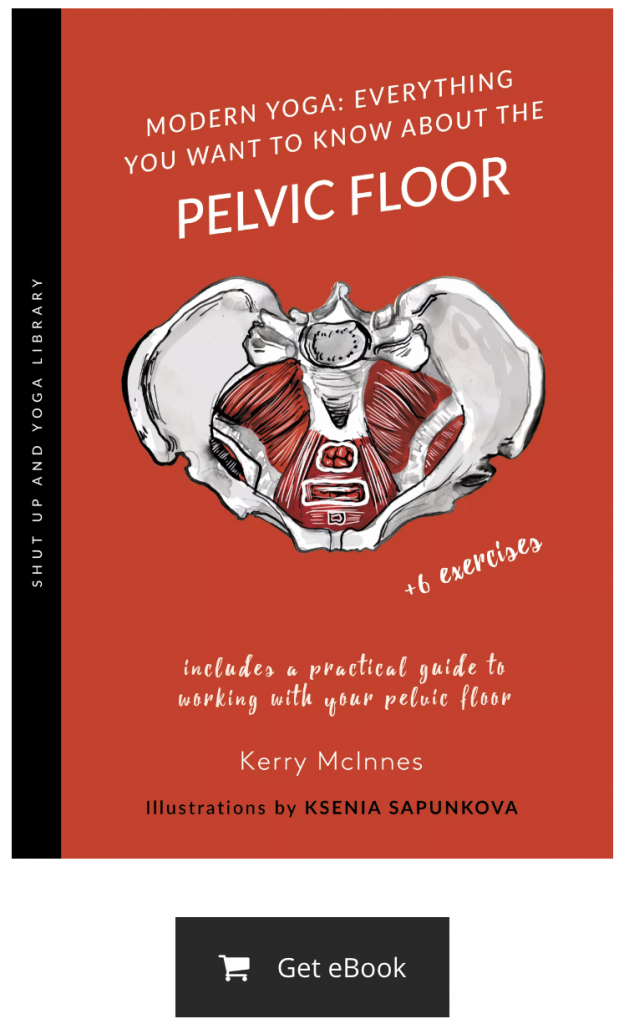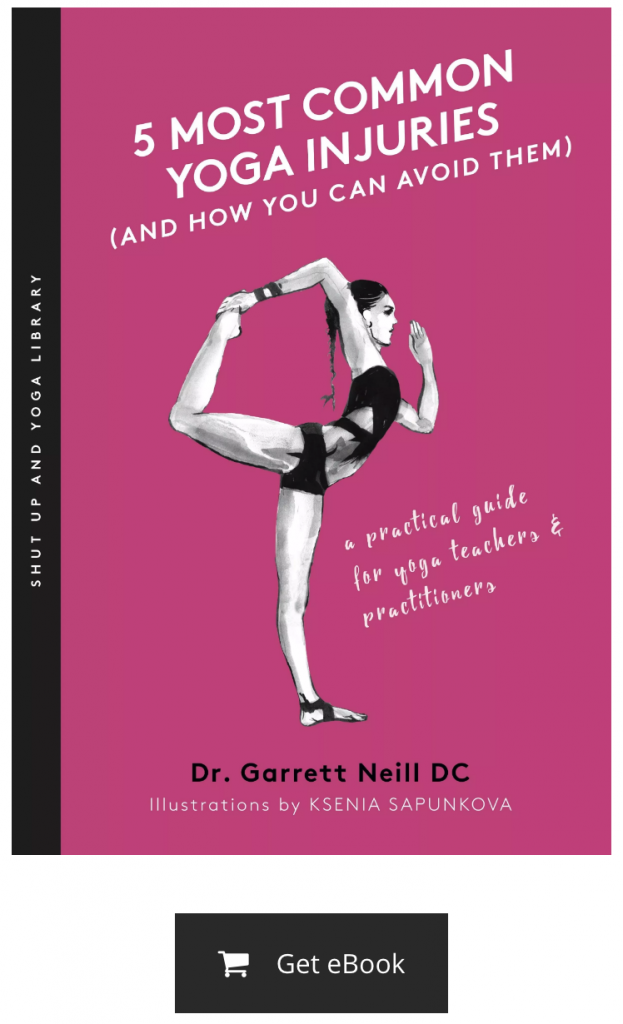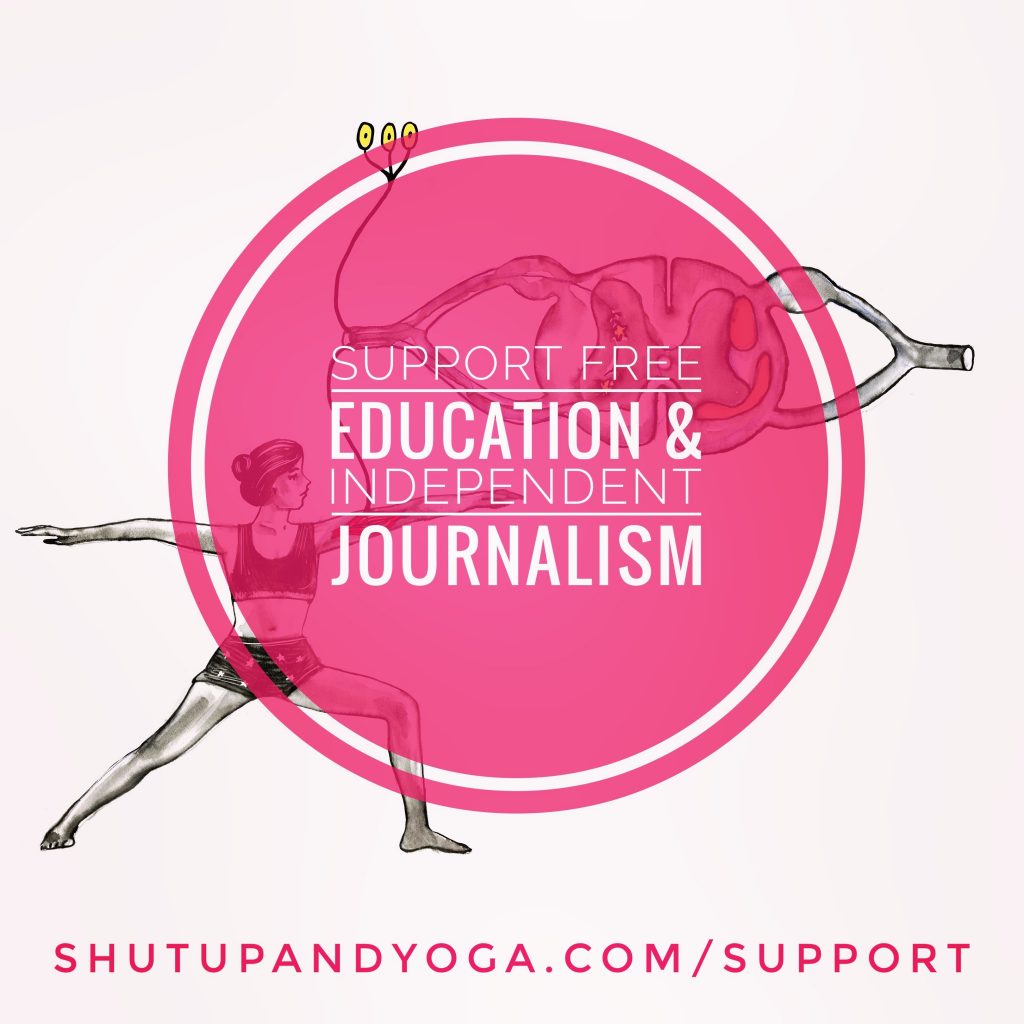Join our live Book Club as we read incredible books & discuss them together!
The Body Is Not an Apology, written by Sonya Renee Taylor, is more than a book about body image issues. It is a book about all of our society’s issues, especially around systemic racism, ageism, ableism, sexism, fatphobia, and homo- and transphobia. It is an invitation to step into relationship with these issues in a deeply personal way. By entering into such an exploratory relationship with yourself you discover how to positively and meaningfully contribute to the fight against rampant injustice and oppression that is baked into our daily lived experience. This is a book about awakening, liberation, and action.
If that isn’t a book about yoga, then I don’t know what is.
“The work is to crumble the barriers of injustice and shame leveled against us so that we might access what we have always been, because we will, if unobstructed, inevitably grow into the purpose for which we were created: our own unique version of [ourselves].”
At first glance (and it was admittedly a very brief glance) I surmised that The Body is Not an Apology was another self-help book about body image. Because I was telling myself I don’t personally suffer from body image issues I didn’t think I would get a ton out of the book, but I was compelled enough by what I was hearing Taylor talk about on her IG Live videos to give her book a read, regardless. Taylor quickly helped me realize how wrong I was to think that her book was just about body image.
I awakened to a very deep truth in myself: my own body image issues are disguised because I am the definition of the dominant societal default—white, thin, cis-gender, female—and my worth is bound up in maintaining that ruse. I don’t suffer like many people when it comes to body shame, but I still suffer from the dominant societal beliefs that prevent me from recognizing and celebrating our differences unapologetically. Taylor has a gentle yet firm way of pointing this out that I felt inspired and motivated to change rather than feel attacked and defensive. She makes the argument that no matter who you are or what your body looks like, you are still worthy of love.

I’ll be honest; I didn’t want to read this book at first. Books about body shame have never interested me because I’ve never felt like I suffer from body shame. I live in the thin, white, female body that society glorifies. In the wake of the protests over the deaths of George Floyd’s and Breonna Taylor’s deaths and police brutality, I actively sought out diverse perspectives and voices from women of color. That’s when I stumbled upon Taylor’s Instagram account. Her IG Live’s are compelling, honest, thought-provoking, educational, funny, and gut-wrenching all at the same time. Hearing her talk about topics like reparations, white saviorism, mental health, and how we are supported by the work of our ancestors (all in 10-minute talks) had me cycling through every emotion, hanging on to every word, and seriously contemplating my own beliefs and ideas alongside her own. Who knew you could start the process of “doing the work” just by watching someone talk about these topics on IG? (I’m by no means suggesting this is the entirety of the work or that it passes as the work, but it’s a good start if you feel lost and need some new, thoughtful perspectives). I knew her book would be educational and well-written, but I didn’t think it would be relevant for me.
Taylor uses the lens of the body to explore social justice issues and “usher in the transformative opportunity of radical self-love, which is the opportunity for a more just, equitable, and compassionate world for us all.” Trying to conform to the dominant default is a waste of time, an energy-suck, and an act of complicity in the broken system itself. Through inquiry, practice suggestions, opportunities for action, and her own personal experiences, Taylor guides us through our own journey with body shame and helps us realize the importance of overcoming it for ourselves and for the rest of the world.
Just like Western yoga culture uses the body as a front for accessing the deeper, more subtle aspects of yoga, Taylor uses the body as a proxy for talking about these important social justice issues. An example that really stood out to me was when Taylor stated, “we have also continued to apologize for the presumed discomfort our bodies rouse in others.” I felt this keenly these past two years after the birth of my son. I caught myself apologizing to others for breast-feeding in public spaces and recognized almost immediately how messed up it was that I had to apologize for feeding my baby because it could make someone else uncomfortable to see my boobs. No one should have to apologize to anyone for being human.
The five kosha system from yoga philosophy teaches us that the body is the layer most accessible to us and the easiest layer to begin our exploration. Taylor understands this truth and provides an honest and detailed lay-of-the land around how we got to today in regards to body shame. Taylor says, “As we awaken to our indoctrinated body shame, we feel inspired to awaken others and to interrupt the systems that perpetuate body shame and oppression against all bodies.”

Taylor repeatedly calls on us to live from a place of what she calls radical self-love, a call to action that echoes the yogi’s call to live from your True Self. She argues that your most important practice right now is to find a way to love yourself and then show others how to do the same by modeling your courage, your differences, your uniqueness, and your gifts unapologetically.
In the book, Taylor breaks down how dominant culture sneakily seeps into our mindsets and beliefs while offering a toolkit for how to uproot these falsehoods and deceptions. Meditation and mantra are some of the practices in her toolkit. Both are presented as self-care essentials; Taylor’s explanation of mantra is one of my all-time favorite presentations of the practice that I’ve ever read.
“Choosing a mantra is about finding a phrase or word we desire to live by. It should make us uncomfortable. It should make us think, “How dare I believe such an audacious thing about myself?”
While the author doesn’t explicitly present herself as a yogi, this book is a book on yoga through and through. It is relevant, timely, actionable, powerful, and transformative if you are willing to commit to the work. Her 31 “Unapologetic Inquiries” and “Radical Reflections” offered throughout are an incredible chance to summon the discipline to change. I have personally documented all the inquiries and reflections as journal prompts that I’m working my way through slowly.
Here are a couple of prompts that really challenged and spoke to me:
Unapologetic Inquiry #31
What have you been holding in secrecy, shame, or embarrassment? How has it kept you disconnected from others? What are you willing to let go of for the sake of connection?
Radical Reflection
Theodore Roosevelt is famously quoted as saying, “Comparison is the thief of joy.” He was totally right! Go get your joy back!
I highly recommend The Body is Not an Apology. Approach it with an open mind and be ready to do the work to get the most out of what Taylor offers. If you’re looking for a quick, easy read on body image (does that even exist?), this is not the book for you. Give yourself time to read, a lot of compassion for yourself as you work through the exercises, and keep your favorite pen and journal by your side. Sit down on your mat and let this be your Svadhyaya for a few weeks, months, years, or for the rest of your life.
This review is part of our SU&Y Book Club hosted by Ashley Zuberi.

Illustration by Katya Uspenskaya
Edited by Jordan Reed
You can buy The Body Is Not an Apology by Sonya Renee Taylor at your local bookstore, on Amazon & review it on Goodreads.





